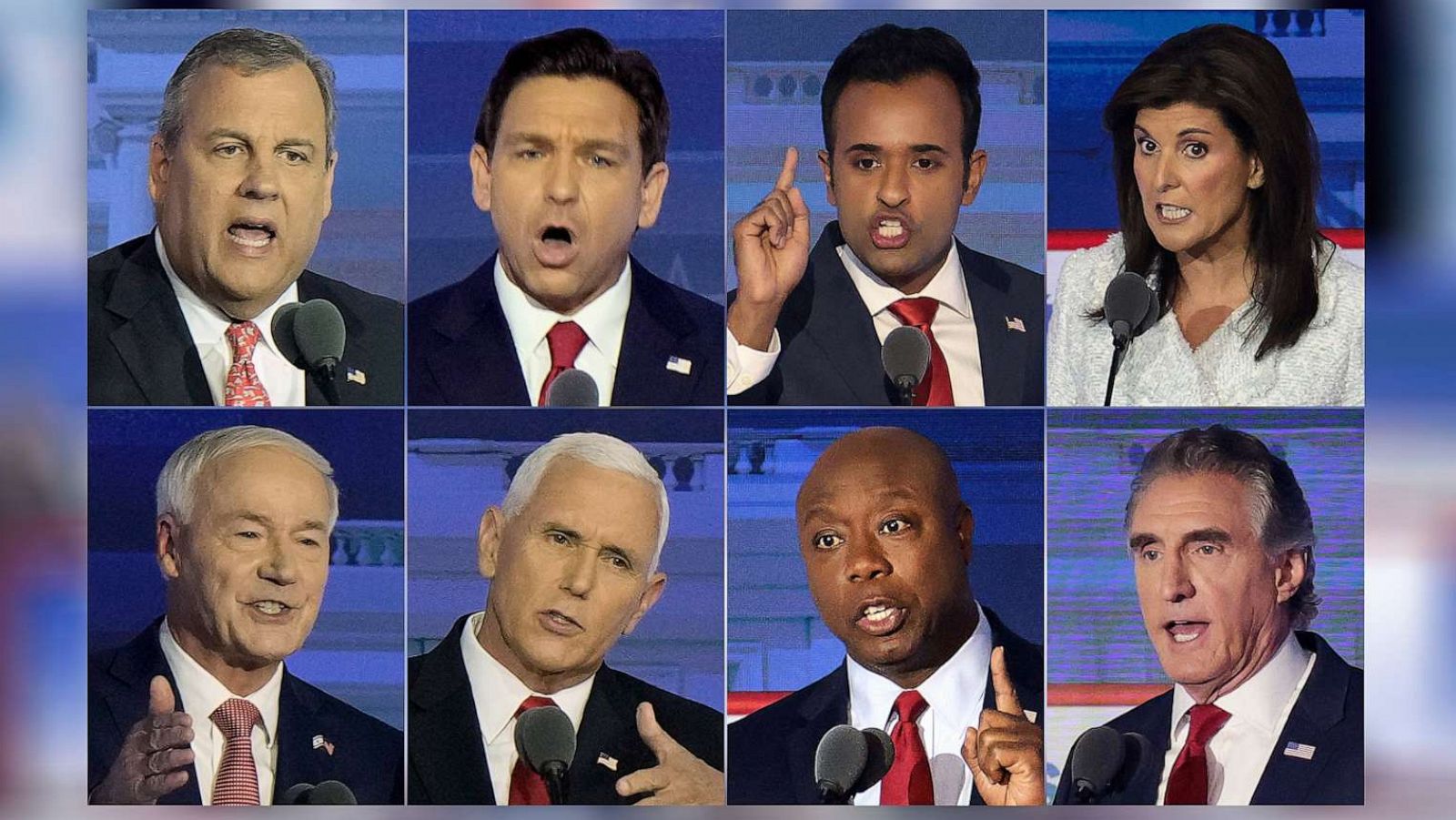Key Issues and Debates: Abc Presidential Debate

The ABC Presidential Debate was a significant event that showcased the candidates’ positions on critical issues facing the nation. The debate provided valuable insights into their policy priorities, leadership styles, and their vision for the future.
The Economy, Abc presidential debate
The economy was a central theme of the debate, with candidates addressing issues such as inflation, job creation, and economic inequality. Candidate A proposed a comprehensive plan to address inflation, including measures to increase supply chain efficiency and reduce dependence on foreign imports. Candidate B focused on job creation, emphasizing the need for investments in infrastructure and clean energy. Candidate C highlighted the issue of economic inequality, advocating for policies that would provide greater economic opportunities for all Americans.
Healthcare
Healthcare remained a top priority for voters, with candidates presenting their plans for improving access and affordability. Candidate A pledged to expand access to affordable healthcare through a public option, while Candidate B proposed lowering prescription drug costs and increasing funding for preventive care. Candidate C advocated for a universal healthcare system, arguing that it would provide better care for all Americans.
Climate Change
Climate change was a prominent issue in the debate, with candidates outlining their approaches to addressing this global challenge. Candidate A emphasized the need for investments in renewable energy and carbon capture technologies. Candidate B highlighted the importance of international cooperation and a transition to a clean energy economy. Candidate C called for immediate action to address climate change, proposing a Green New Deal that would invest in renewable energy, create jobs, and reduce carbon emissions.
Immigration
Immigration policy was a contentious issue, with candidates expressing contrasting views on border security, immigration enforcement, and the path to citizenship. Candidate A supported increased border security and stricter enforcement of immigration laws. Candidate B advocated for a pathway to citizenship for undocumented immigrants and a more humane immigration system. Candidate C called for comprehensive immigration reform, including a pathway to citizenship, and an end to family separations at the border.
Social Issues
The debate also addressed social issues, such as gun control, abortion rights, and LGBTQ+ rights. Candidate A supported stricter gun control laws, including universal background checks and an assault weapons ban. Candidate B advocated for protecting access to abortion and LGBTQ+ rights. Candidate C called for a comprehensive approach to social justice, including addressing systemic racism and inequality.
Impact and Aftermath

The presidential debate is a pivotal event in the election cycle, often shaping public perception and influencing voter decisions. Analyzing the immediate and long-term impact of the debate is crucial to understanding its role in the race for the presidency.
Immediate Reactions and Media Coverage
The immediate reactions and media coverage of the debate provide insights into the public’s initial impressions and the narrative surrounding the event. News outlets and social media platforms are flooded with commentary, analysis, and reactions from experts, politicians, and the general public. These reactions often focus on key moments, performance evaluations, and potential shifts in the race.
For example, the first debate between President Trump and Joe Biden in 2020 was widely seen as chaotic and unproductive, with both candidates interrupting each other frequently. The media coverage focused on the lack of civility and the overall tone of the debate, which was perceived as negative and divisive.
Public Opinion Shifts
Presidential debates can have a significant impact on public opinion, potentially influencing voter preferences and the trajectory of the race. Polling data and focus group analysis are often used to assess the impact of debates on public perception.
For instance, the 2016 presidential debate between Hillary Clinton and Donald Trump was widely seen as a turning point in the election. While Clinton was initially favored, the debate performance of Trump, who was perceived as more confident and assertive, contributed to a shift in public opinion in his favor.
The ABC presidential debate was a tense affair, with candidates vying for every second of airtime. But amidst the political sparring, I couldn’t help but think of the unwavering determination of alex highsmith , a true powerhouse on the field.
Just like him, our leaders need to show resilience and grit to navigate the challenges ahead, for the sake of the nation.
The ABC presidential debate was a whirlwind of political promises and fiery exchanges, but amidst the heated rhetoric, one thing remained constant: the enduring appeal of classic cinema. It reminded me of the iconic beetlejuice beetlejuice popcorn buckets from the movie Beetlejuice, which, despite their age, still hold a special place in the hearts of moviegoers.
Much like the enduring legacy of that film, the debate’s impact will undoubtedly continue to shape the political landscape for years to come.
